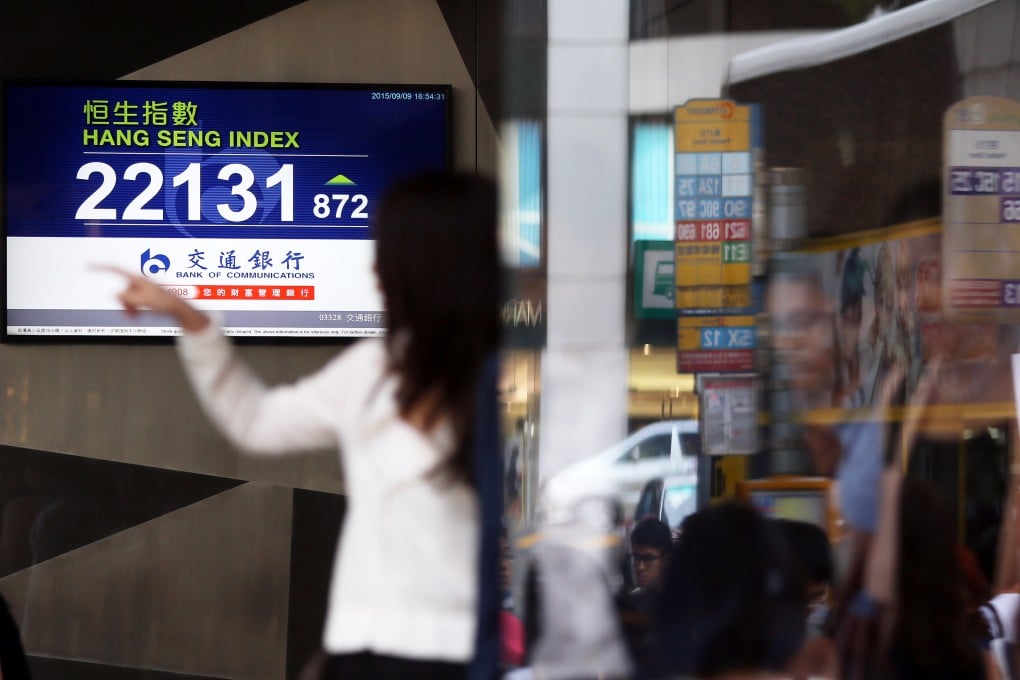Advertisement
Chinese stocks get cheaper for money managers who don’t want to be late for economy reopening party
- Hang Seng Index, dominated by Chinese entities, traded below 10 times price-earnings multiple at end-July, one of the cheapest among major global indices
- ‘If you wait for [signs before turning more positive], it will actually be too late because markets are pre-emptive,’ Robeco’s Crabb says
Reading Time:2 minutes
Why you can trust SCMP
1

Chinese stocks, which dominate trading in Hong Kong, are cheap enough for investors to replenish their portfolios, some fund managers argue, compensating for the uncertainty over the full reopening of the economies.
July’s 7.8 per cent slide in the Hang Seng Index, the most in a year, sent the market into a technical correction and shrank the price-multiple to 9.7 times current earnings, from as high as 11.7 times in January, according to Refinitiv data.
The last time the market was cheaper on June 16, the Hang Seng Index climbed 5 per cent over the next two weeks. The earnings multiple also fell to 9.3 times on May 12, from which the index rallied 12 per cent the following month.
Advertisement
“Valuations have come down a long way,” Joshua Crabb, head of Asia-Pacific equities at Rotterdam-based asset manager Robeco, said during a webinar on July 27. “If you wait for [signs before turning more positive], it will actually be too late because markets are pre-emptive.”
China’s economic reopening is just a matter of time and investors may be late to the party by looking for more positive signals. While Beijing is unlikely to abandon its stringent zero-Covid policy, the initial shock about mass screening and city lockdowns may have worn out while policymakers look to restore confidence ahead of the Communist Party’s Congress later this year.
Advertisement
Advertisement
Select Voice
Select Speed
1.00x
